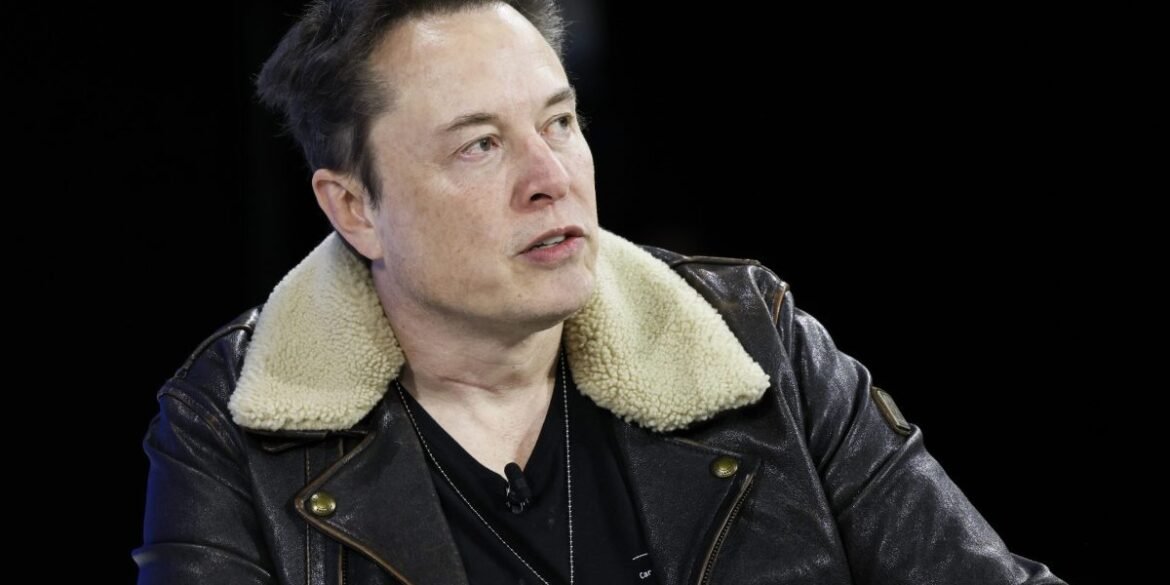
Elon Musk at this point has little difficulty raising capital. And, being the world’s richest person, he could easily fund a startup on his own—if he wanted to. But this week, the billionaire CEO of Tesla and SpaceX shared his thoughts on why he seeks investors for his various ventures, even when he doesn’t necessarily need to.
During a Spaces conversation hosted by ARK Investment Management CEO Cathie Wood, Musk was asked why he would bother with outside shareholders given that it might be simpler without them to take risks while answering to nobody.
“Well, I do take a lot of risks either way,” he replied. But, he added, “Each investor you add is an ally. It’s good to have more allies.”
One reason, he said, is it “establishes that I’m not delusional” about the valuation of his companies. “If others are prepared to invest at a particular value, then I’m not the sole decider…it’s sort of an outside assessment of the value of the company.”
Also, he added, he wants to “enable liquidity” for employees who have been awarded stock options. Musk, who has fiercely resisted unionization efforts at Tesla, said his electric-vehicle maker “may have created more employee millionaires than any company in history,” adding that it’s important to give workers stock “to have the incentive be aligned with the company outcome.”
The United Auto Workers said last month, after winning new contracts with the Detroit Three automakers, that it would make an unprecedented push to organize the nonunion auto sector in the U.S.—including Tesla. Unions in Sweden are giving the carmaker headaches, too.
Musk also owns the Boring Company, Neuralink, and X (formerly Twitter), all of which have lured large investments from major players. His xAI, which is taking on OpenAI with its own AI chatbot Grok, is seeking to raise up to $1 billion in equity investments.
While each company has the risks and controversies typical of a Musk-led venture—X is contending with plummeting ad revenue and the Boring Company with fizzled projects—the billionaire said that at this point he could fund “just about anything” through equity or debt.
“In all my companies across all the years, I’ve never lost money for an investor even once,” he said. “This is now over 100 financing rounds…That’s a pretty good batting average. Obviously when you’ve treated capital well, then capital treats you well in turn.”
He noted, “Of course, I cannot stop people from selling when they should not sell, but I have never driven them to a bad outcome.”
He acknowledged, however, “I need to make sure that track record stays intact, and not get complacent or entitled.”

